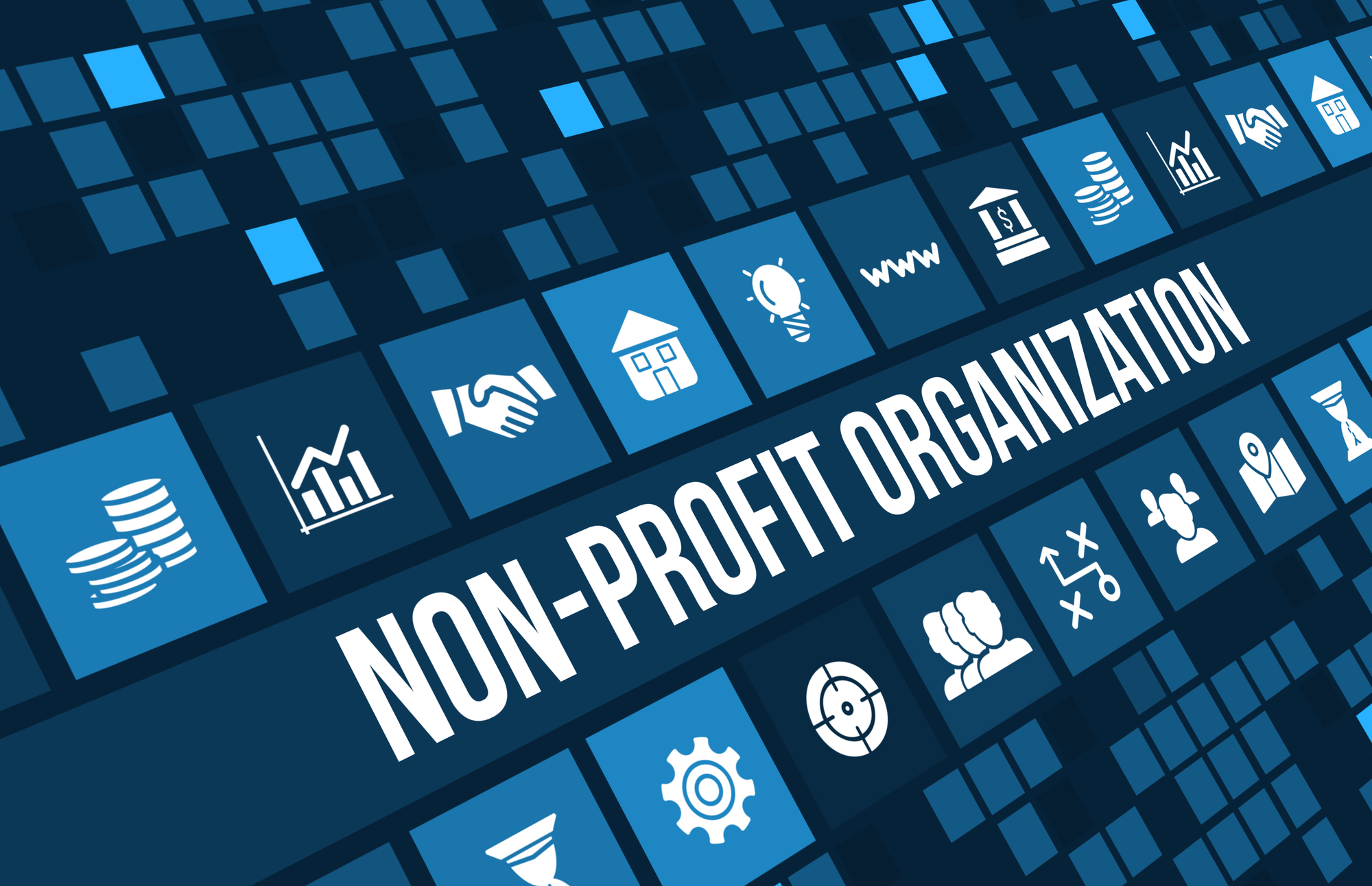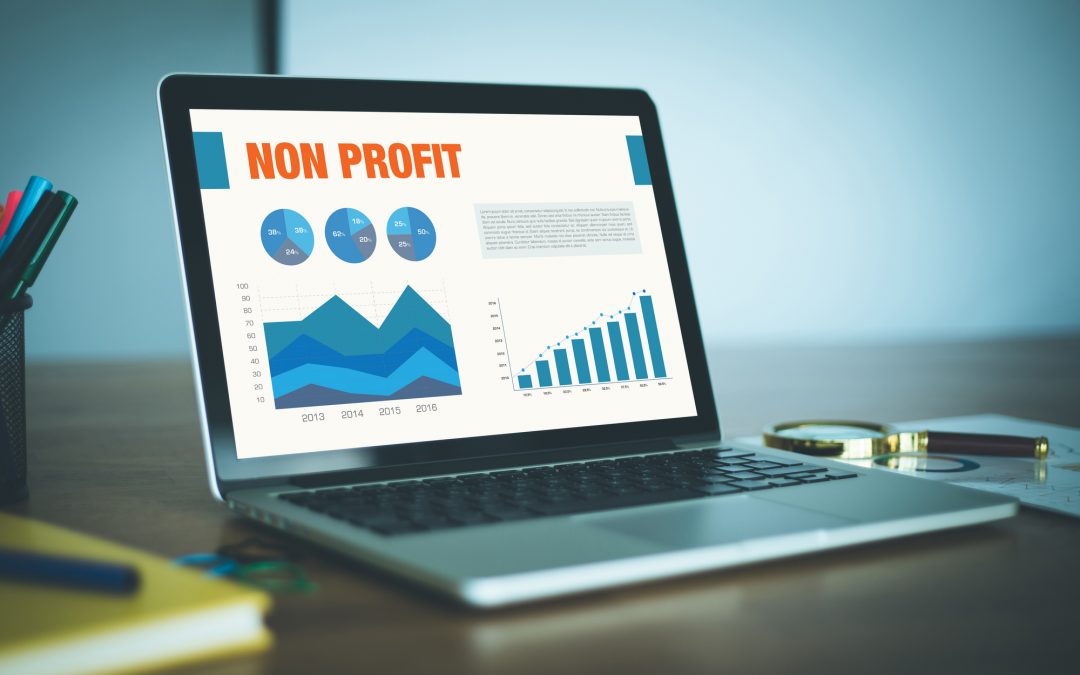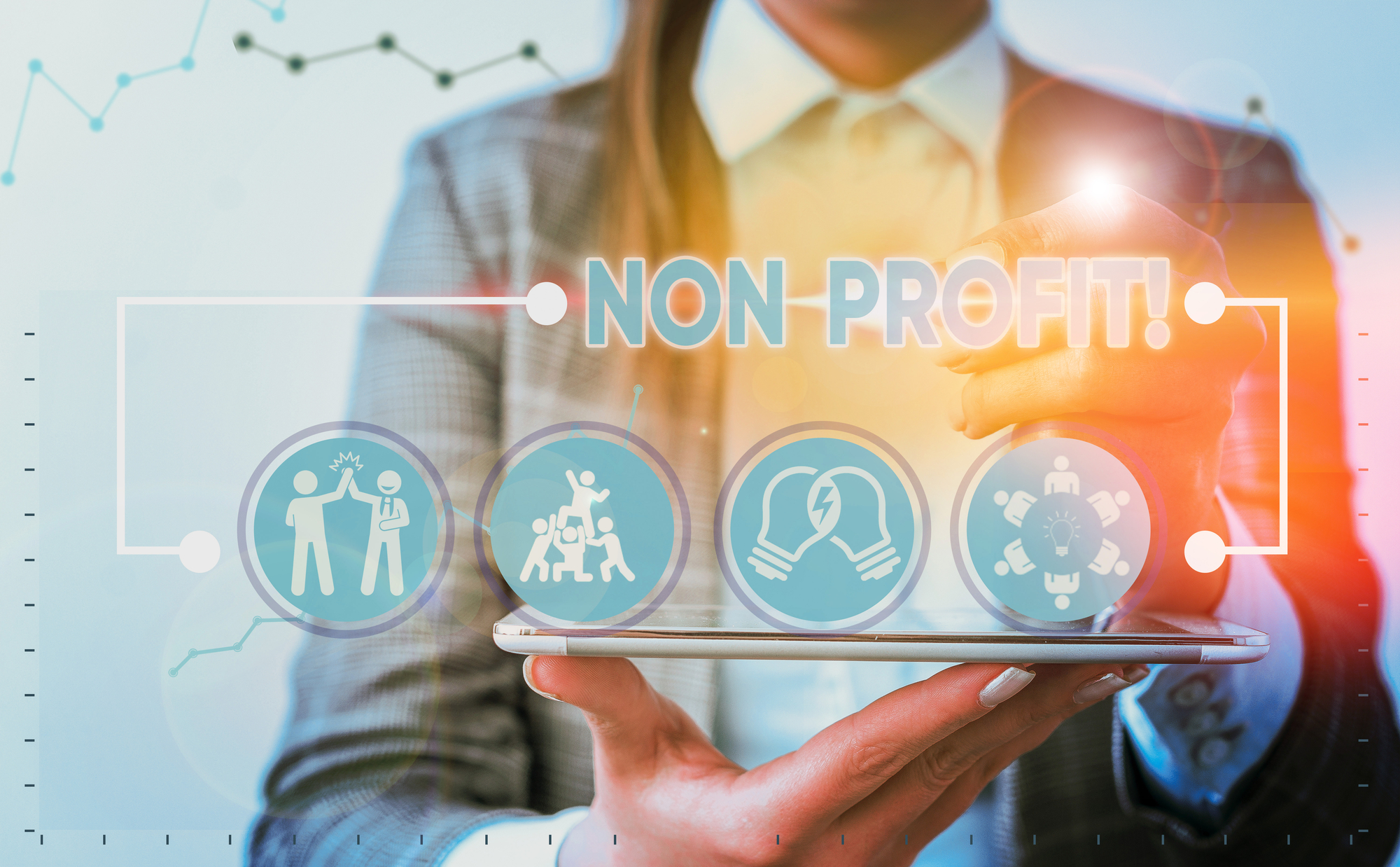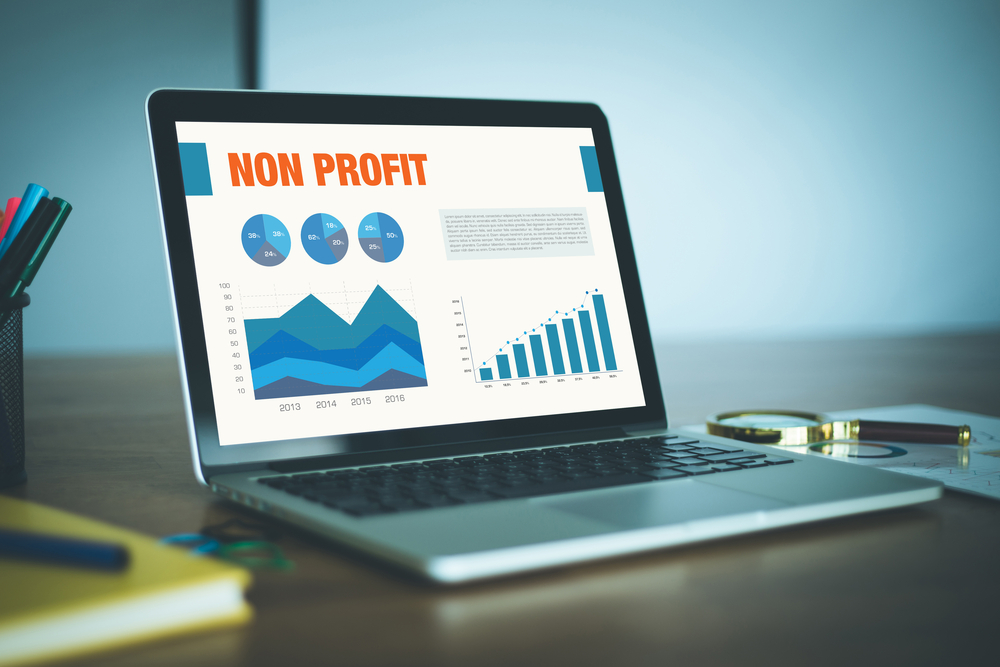7 Pro Tips on How to Boost Nonprofit Cybersecurity Awareness
With the current evolution of science and technology, the occurrence rate of data theft has escalated to an astonishing height. Now, this can be a challenging issue for nonprofit organizations that deal with processing donations or the storage of personal identifiable information about clients and top personalities. Despite this, most nonprofits handle their cybersecurity with little attention, paving way for unnecessary breaches in their database. And now the question is: how do you know your nonprofit stands a risk of a cyber attack?
Since there is a need for all organizations to play safe by seriously safeguarding every data sent to their cloud, some nonprofits stand a higher chance of drawing the attention of cyber thieves than others. Nonprofits who:
- engage in e-commerce activities including event registration or processing of donations.
- gather information about donors, clients, newsletter subscribers, patrons, etc.
- manage a storage system for personal identifiable information about anyone. These pieces of information could be an employee’s records, medical reports, driver’s licenses, etc.
So if your nonprofit falls among these or similar activities, then it’s high you buckle up and foster your cybersecurity with maximum diligence by following modern precautionary practices to keep your organization cyber-safe. Now let us dive into some tips on how to improve nonprofit cybersecurity awareness. 
-
Assessment of possible risks
90% of all cyber-related crimes have its root in exposed risks. The truth is, no matter how hard you try to protect your database, there will always be malicious eyes waiting at the other end, in search of a loophole. Even firms that have the most sophisticated security still stand on their guard against these potential risks. In most cases, small nonprofit organizations have little knowledge of where these risks are. So the first step is to expound on their knowledge of these potential weaknesses to avoid data breaches.
-
Nonprofit cybersecurity awareness sensitization for employees
It’s nice to see your employees working hard for the progress of the company. But when they are unaware of the tactics used by malicious agents in tapping into your database, it becomes a big problem. And so you must breach that knowledge gap by employing the services of a cybersecurity expert who will give them an accurate analysis of how to avert potential risks.
-
Third-party security management
These cyber parasites are always in search of vulnerabilities through which they can carry out their exploits. Setting up third-party risk management is an ideal way to prevent this. The majority of the world’s top organizations use third-party service providers, which may include: Microsoft Office 365, Google Cloud, Salesforce, Microsoft Azure, etc. As a Nonprofit organization, it is crucial that you set up this system for your firm for maximum security while storing, processing, or transmitting data.
-
Safeguard sensitive information
One of the major routes through which nonprofits fall prey to these risks is when sensitive information is not properly protected. Truth be told, organizations are bound to share numerous sensitive information, even without knowing it. To foster that client-company relationship, more information will be shared.
Malicious agents are always on the lookout for this sensitive information before making an attack. So in cognizance with the nonprofit cybersecurity awareness program, you must inform your employees to never share private information without properly confirming the receiver. Also, verification of money transfers must be done independently. This will curb the chances of cybercrime occurring and increase your nonprofit cybersecurity awareness.
-
Password security
Another relevant point to take note of is your password strength. More often than not, most cyber criminals can easily maneuver their way into software by cracking a weak password. Some nonprofits expose themselves to this risk by using overused passwords, easy-to-predict passwords, or the like. Using the standard criteria for a strong password, it would be almost impossible for an external force to hack into your software.
When setting up your company’s password policy, ensure you take note of these rules:
- Always make use of numbers, letters, and special characters while creating your passwords.
- Refrain from using dictionary words in your password combination. You can also include abbreviations, or a group of random numbers and special characters.
- The length of your password also matters a lot. And a standard policy, ensure you make use of a minimum of eight characters while creating your password, but it’s advised to use even more than that.
- Never make use of the same password for different services.
-
Secured online business transaction
Just as the world is becoming more advanced, most organizations now digitize their businesses, and nonprofits are not left out. From raising funds to accepting donations and event registration. Sensitive information is transmitted regularly. Nonprofits need to ensure maximum security of every activity done online. Browser connections must be fully secured to avoid the interference of an external force. As a safety precaution, it is advised you to use encryption or set up a secure firewall policy.
-
Stay current
As the world is evolving by discovering means to make organizations run their businesses with ease, so also do malicious agents discover more dubious means to break into encoded software. You need to be aware of the latest trends in data breaches, to know how best to protect your company against potential risks. This will give you a rapt knowledge of the malware used by these agents in breaking into the software. Also, ensure your browser connections are secured against any method of attack.
And yes, you must make constant research on the recent development in the cyber world. Ensure your team of technicians are up and doing so that they don’t miss any important update.
Summary
Despite the advantageous impact of nonprofit organizations in the global system, the sad news is that they are not immune to cyber-attacks. They even stand a greater chance of becoming victims of a cyber attack. However, this risk can be averted by carrying proper precautionary measures and being on guard while handling sensitive information. This way, the occurrence of unforeseen risks will be prevented.










